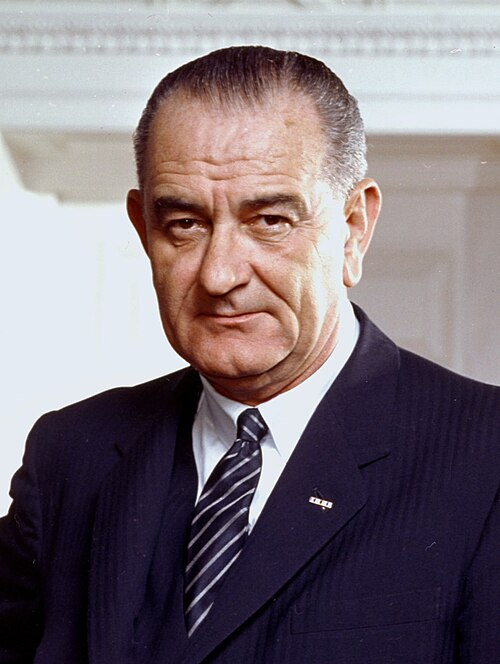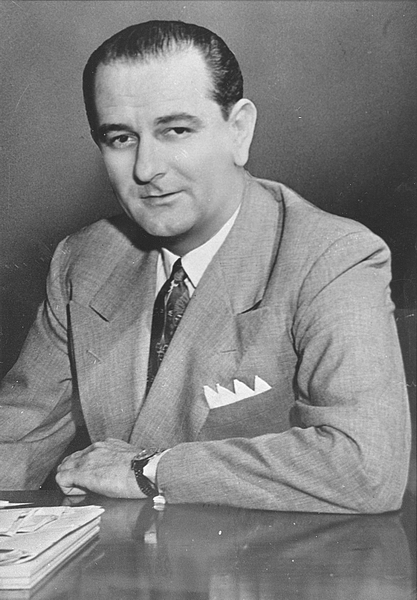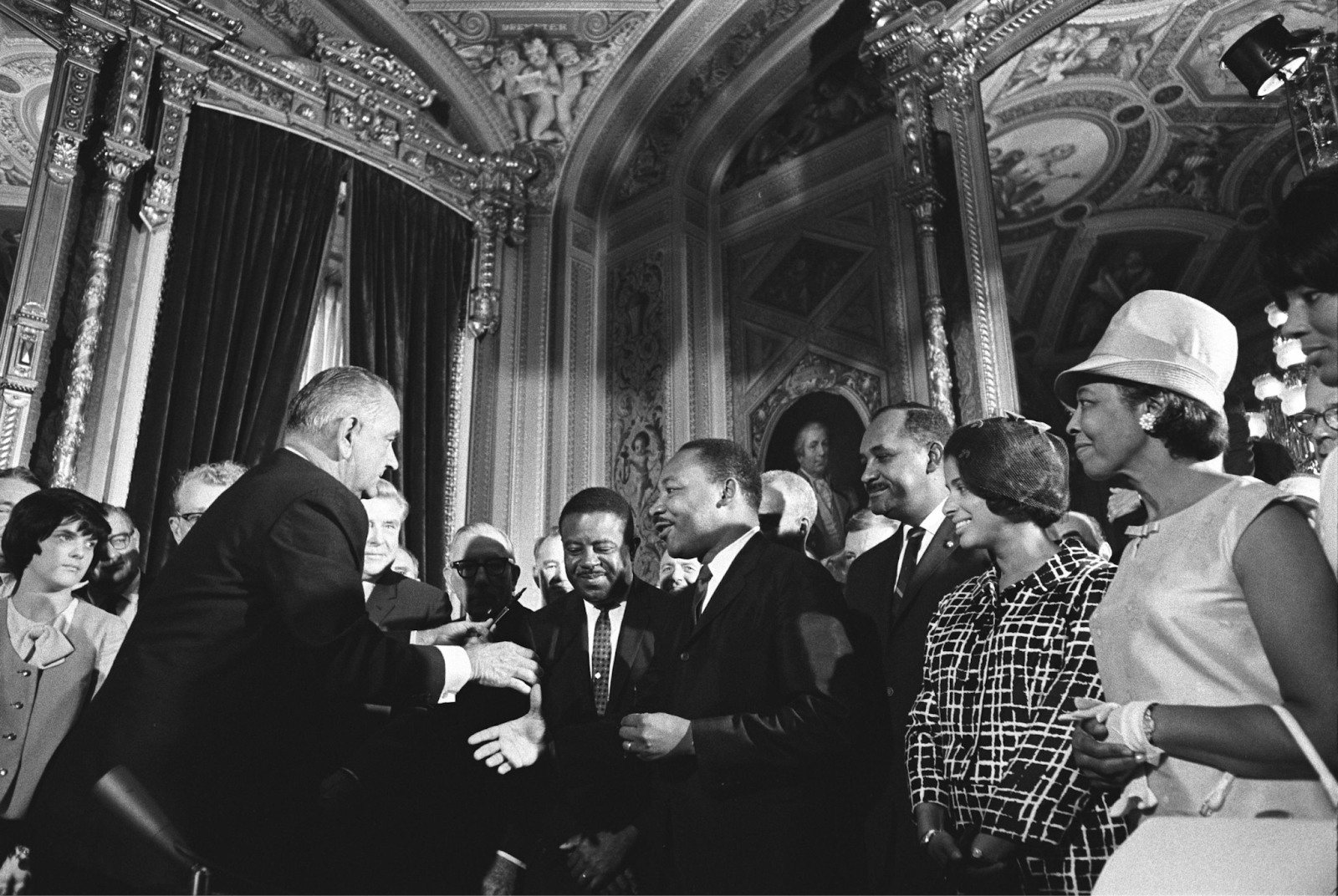Born in the Hill Country: The August Day That Brought Us Lyndon B. Johnson
On August 27, 1908, in a small farmhouse nestled in the dry scrubland of central Texas, a boy named Lyndon Baines Johnson entered the world. No one could have predicted that this child, born on the banks of the Pedernales River, would grow up to become the 36th President of the United States, a man who would steer the country through war, civil unrest, and sweeping social change.

Yet from the very beginning, Johnson’s life was shaped by the same currents that would later define his presidency: hardship, ambition, and a deep concern for the everyday struggles of working people.
A Hill Country Childhood
Lyndon was born in Stonewall, Texas, in a region known as the Hill Country. His father, Sam Ealy Johnson Jr., was a former state legislator and struggling farmer. His mother, Rebekah Baines Johnson, was college-educated and carried high hopes for her son. The family was not wealthy, and when cotton prices collapsed during Lyndon’s boyhood, the Johnsons faced financial instability that had a lasting effect on him.

He walked miles to a one-room schoolhouse, saw neighbors lose their land during difficult times, and grew up surrounded by men and women who worked long days for little reward. It was here, under the wide Texas sky, that Johnson began to understand the harsh limits poverty could place on opportunity. These early experiences fueled a passion that never left him: the belief that government should act to lift people up.
A Political Life Begins
By his mid-twenties, Johnson was already orbiting the world of national politics. He served as a congressional aide, then as director of the National Youth Administration in Texas, before winning a seat in the U.S. House of Representatives in 1937. From the very start, he aligned himself with Franklin D. Roosevelt’s New Deal. He saw firsthand how federal programs could transform rural communities like the one he grew up in.

He entered the Senate in 1949 and, less than a decade later, became Senate Majority Leader, one of the most powerful positions in Congress. His rise was fast, and his political skills, a mix of persuasion, pressure, and personal connection, became legendary. Allies and opponents alike referred to it simply as “The Johnson Treatment.”
From Vice President to President
In 1960, Johnson ran for the Democratic nomination for president but lost to John F. Kennedy. Kennedy, hoping to balance his ticket geographically and politically, chose Johnson as his running mate. When the ticket won, Johnson became vice president, a role he found largely frustrating.
Then came the tragedy of November 22, 1963. When President Kennedy was assassinated in Dallas, Johnson was sworn in aboard Air Force One just hours later. The man born in the Texas Hill Country suddenly found himself leading the most powerful nation on earth.
A Legacy of Ambition and Action
Johnson took immediate action as president. Drawing on his years in Congress, he pushed through an ambitious domestic agenda that became known as the Great Society. He signed the Civil Rights Act of 1964 and the Voting Rights Act of 1965, breaking the legal backbone of segregation. He launched Medicare and Medicaid, expanded public broadcasting and education funding, and declared a “War on Poverty.”

His vision extended beyond survival—he wanted to build a nation where opportunity reached all corners of society. However, the Vietnam War also left its mark on Johnson’s presidency. As American troop numbers grew and casualties mounted, public trust eroded. By 1968, with the nation deeply divided, Johnson shocked the country by announcing he would not seek reelection.
He returned home to Texas, settling on the familiar land that had long grounded him. There, away from the glare of the national spotlight, he devoted himself to writing his memoirs—carefully recounting the triumphs and trials of his time in office. As he looked back, he also looked on, watching the country he had once led continue to wrestle with the same deep-rooted questions that had defined his presidency.

Lyndon Johnson died on January 22, 1973, just a few years after leaving the White House.
Why His Birthday Still Matters
Lyndon B. Johnson’s birthday is not a national holiday, but it marks the beginning of one of the most complex and consequential political lives of the 20th century. Born into modest circumstances in rural Texas, Johnson rose through determination, skill, and ambition to become president during one of the most turbulent periods in American history.
His presidency left a lasting imprint, both praised and debated. Landmark civil rights legislation, the creation of Medicare and Medicaid, and efforts to reduce poverty changed the lives of many Americans. At the same time, the Vietnam War deeply divided the nation and overshadowed much of his legacy.
On August 27, we remember not just the man, but the era he helped shape. His story raises enduring questions about the role of government, the limits of presidential power, and the challenges of leading a diverse and changing nation. In understanding Johnson’s journey, we are reminded that public leadership is rarely simple, and that decisions made decades ago still echo in the policies and debates of today.

